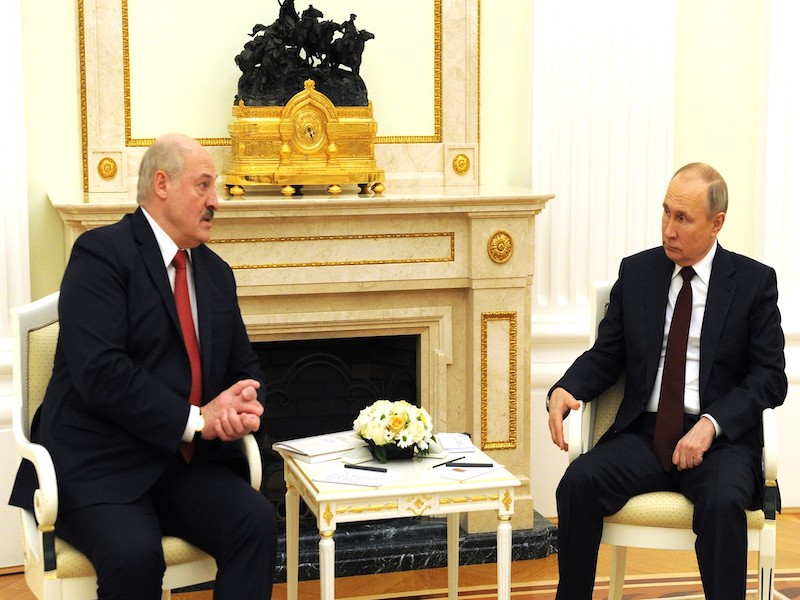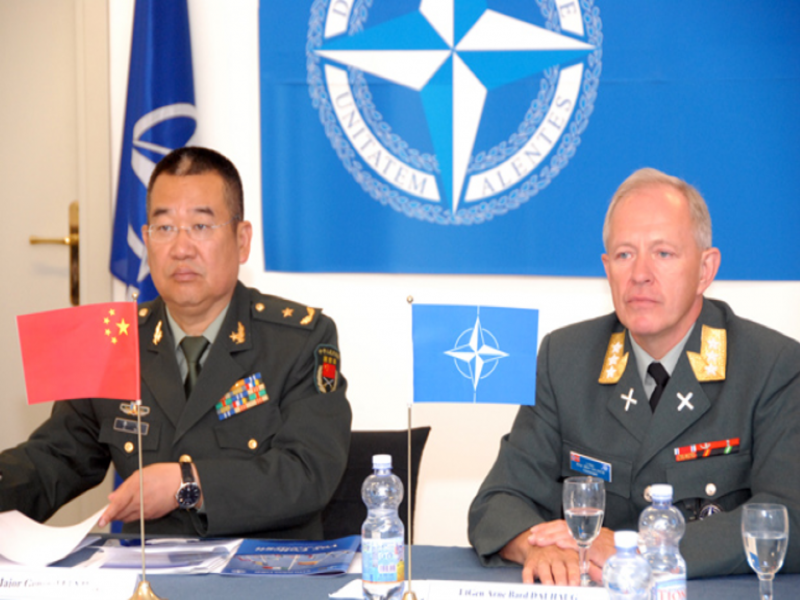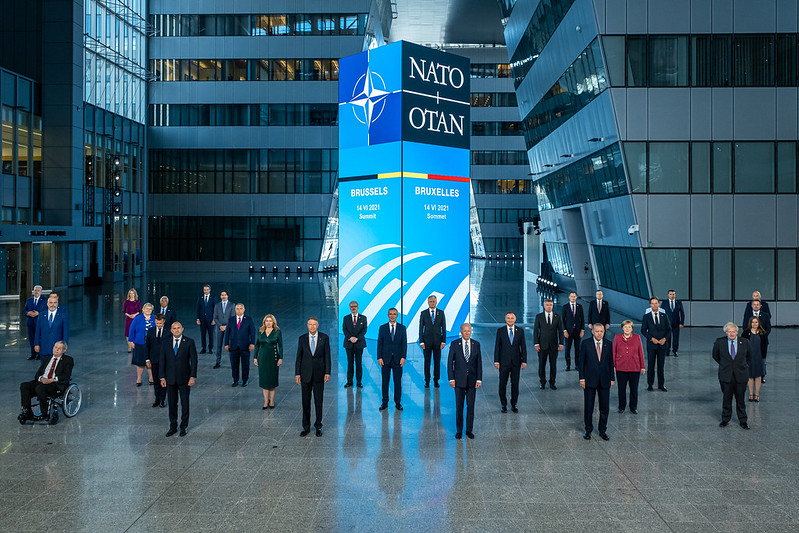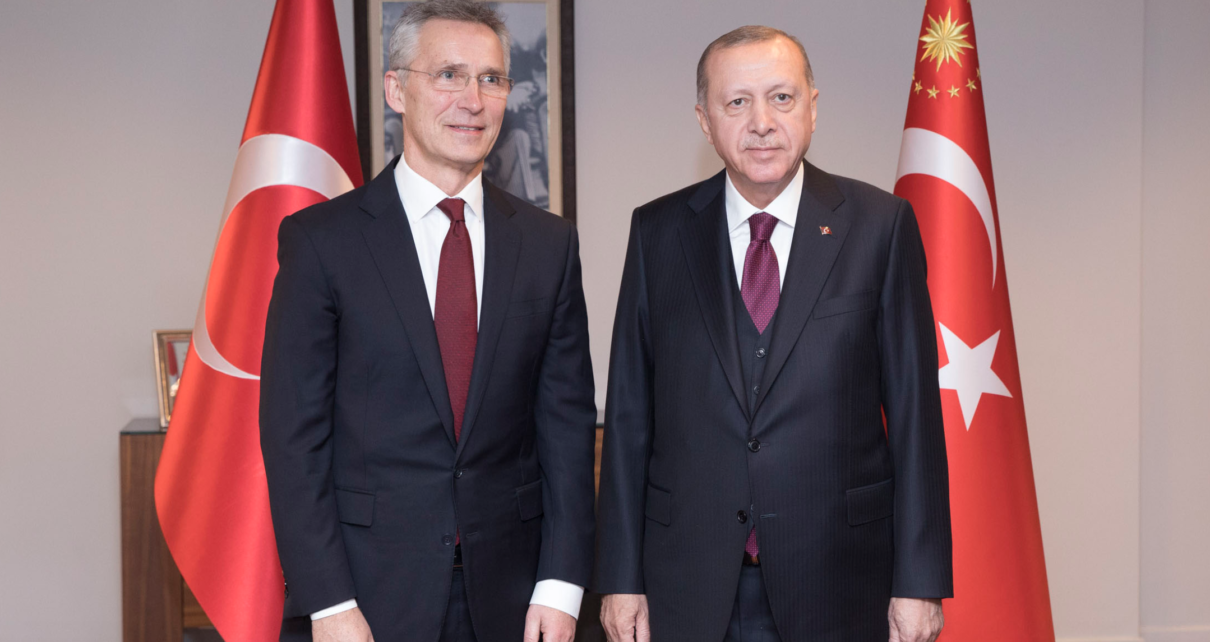In this article Griffin Cornwall examines the impact of the Belarusian Government’s dramatic arrests of Roman Protasevich and Sofia Sapega, the increased sanctions pressure from the West this action has brought, and the potential risks to Belarus’ national sovereignty brought by President Lukashenko’s retrenchment of his relationship to his longstanding ally, Russian President Vladimir Putin
4. Programs
placeholder for programs
Today’s Reporter, Tomorrow’s Historian: The Story of Sgt Donnie McDonald and Operation REASSURANCE
Canadians are proud contributors to international peace and security. Eric Jackson tells the story of Sgt Donnie McDonald, an Imagery Technician deployed to Latvia for over seven months as part of Operation REASSURANCE.
‘Global Britain’ in Practice
HMS Queen Elizabeth’s maiden voyage to the South China Sea is indicative of the UK’s new global posture. But is it spreading itself too thin? Elliott Simpson presents the pros and cons of the UK’s recent tilt to Asia, and to a modern military.
Unpacking the Debate on Gender-Neutral Conscription: The Sweden Case
In this article, Caleigh Wong investigates the debate surrounding female conscription and Sweden, one of the few countries who has incorporated it into their defence policy. The Sweden case study offers justification for this practice through both a gender parity and operational effectiveness lens, but also presents shortcomings in its ability to meaningfully contribute to true equality.
Special Report: Anticipating China’s reaction to NATO’s extra-regional tilt towards the Indo-Pacific
In this special report, Junior Research Fellow Andrew Erskine anticipates the strategic response China will initiate to match NATO’s growing tilt towards the Indo-Pacific as an extra-regional alliance
One Event, Two Headlines: Media Bias in the Israeli-Palestinian Conflict
With the last episode of Israeli-Gaza violence seemingly behind us, Thomas Turmel examines how the narrative surrounding a violent incident in East Jerusalem was manipulated both by the Times of Israel and Al Jazeera to present a bias view of the events.
Eureka in Europe? The response by G7 and NATO countries to threats new and old
Following the productive 2021 G7 and NATO Summits, Eric Jackson explores two overlapping security issues addressed by the nations and identifies areas for future improvement.
NATO as Turkey’s Channel for Rapprochement with the West
Despite Turkey’s fractured ties to NATO, which has increasingly alienated its people from the alliance over the past year, there seems to be a paradigm shift in Ankara’s foreign policy towards its allies. Arash Toupchinejad analyzes how NATO can capitalize on this shift in attitude to motivate Turkey’s rapprochement with the West under the auspices of the Framework Nations Concept.
A Turning Point for the Canadian Armed Forces: What this Means at Home and Abroad
The current institutional crisis underway in the Canadian Armed Forces is not only a domestic issue with extensive human costs for servicewomen and men, but a potential threat to broader Canadian international defense capabilities. In this article Caleigh Wong discusses the current investigation into sexual misconduct in the military and what this means for an organization crucial to upholding Canada’s democracy.
NATO’s Unsteady Southern Flank
Talks between two of NATO’s southernmost members don’t seem to be making progress, as Turkey and Greece seem as far apart as ever. Elliott Simpson examines the latest flare up between these unlikely allies, and its effect on the strength of NATO’s southern flank.










